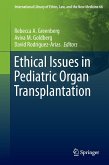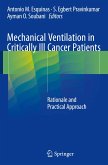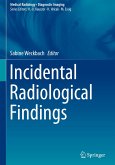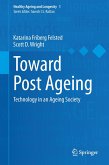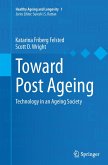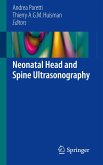Most neonates who now survive intensive care would have died 50 years ago, and "nature" would have decided the outcomes, making ethical discussions about initiating or withholding resuscitation irrelevant. Medical developments in neonatology have changed the way we respond to diseases of neonates, to their illness, and to their parents. Not only as physicians, but also as a society.
Decisions on when to start, withhold, or withdraw life-saving interventions in critically ill neonates are among the most difficult decisions in pediatric practice. These decisions are fraught with ethical dilemmas, for example deciding whether withholding intensive care -leading to death- is superior to uncertain survival with a risk of disability and the additional burden of intensive care. This book covers important ethical questions that arise in neonatal intensive care units. Questions such as, whether to intervene medically and whether we are good at predicting the outcome of fragileneonates; whether a medical intervention should be withheld or withdrawn, and who should be primarily responsible for these decisions and how?
Decisions on when to start, withhold, or withdraw life-saving interventions in critically ill neonates are among the most difficult decisions in pediatric practice. These decisions are fraught with ethical dilemmas, for example deciding whether withholding intensive care -leading to death- is superior to uncertain survival with a risk of disability and the additional burden of intensive care. This book covers important ethical questions that arise in neonatal intensive care units. Questions such as, whether to intervene medically and whether we are good at predicting the outcome of fragileneonates; whether a medical intervention should be withheld or withdrawn, and who should be primarily responsible for these decisions and how?
"This book presents 11 essays on difficult ethical questions that are common in the practice of neonatal medicine. ... The audience is practicing neonatologists and those in training. The writing is pragmatic and clear, and thus any of the essays may serve as the basis of an educational discussion in a training situation. ... The book is concise and easy to understand, with many pragmatic examples." (Jay P. Goldsmith, Doody's Book Reviews, January 2016)


